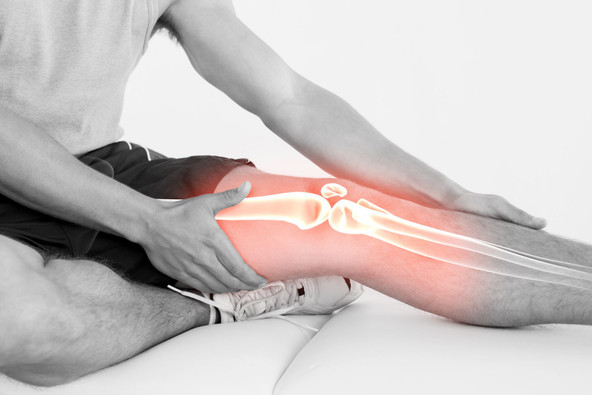Nov 3rd 2025
Joint Protection During Exercise
Regular exercise is one of the best things you can do for your health. Writing in the Townsend Letter, sports medicine experts Jason E. Barker and Chris D. Meletis say that using the large muscle groups at about 40-50% of your exercise capacity six days a week, with resistance training at least two days a week, has been shown repeatedly to reduce the risk of getting heart disease, diabetes, hypertension, cancer, obesity, depression, anxiety and other chronic diseases. But, they warn, exercise itself can have some hazards, especially when it comes to wear and tear on your joints. They recommend glucosamine, as well as vitamin C to maintain healthy muscles and joints if you engage in regular strenuous exercise. Glucosamine is the precursor for glycosaminoglycans (GAGs), the building blocks of hyaluronic acid and synovial fluid. These lubricants protect the joints from friction. Glucosamine is also used to build cartilage, tendons, and ligaments. Glucosamine stimulates the producti…
read more Fuel your life with the purest vitamins
Fuel your life with the purest vitamins



